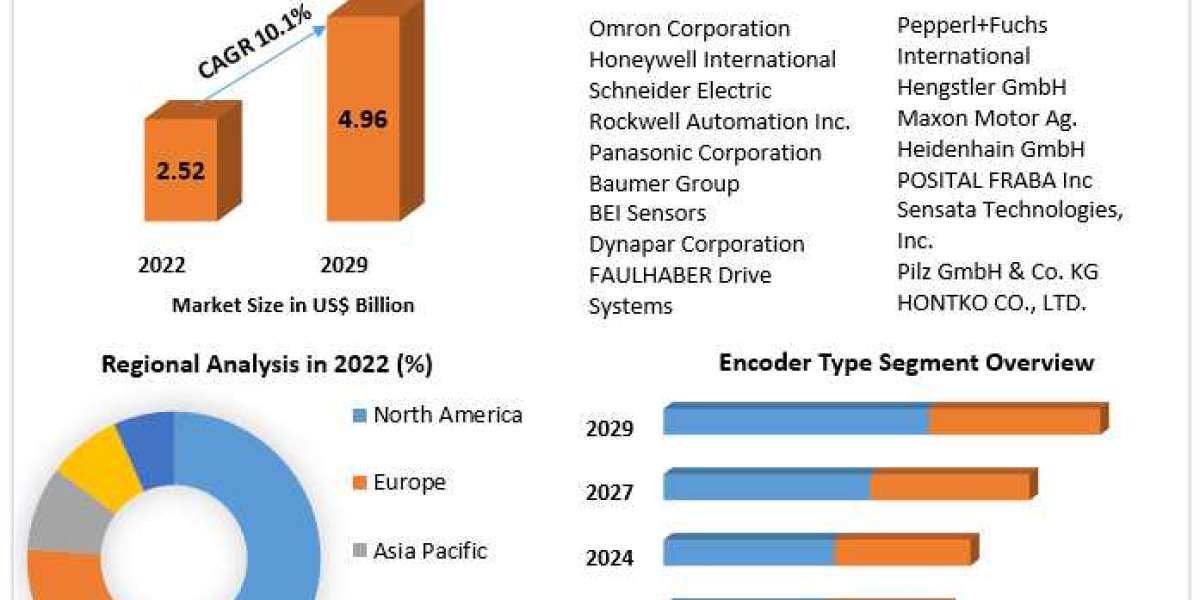The 4-(2-Aminoethyl) benzenesulfonamide market, commonly referred to as AEBS, is a specialized sector within the broader chemical industry. This compound is a key intermediate in pharmaceutical and chemical synthesis. The market has been growing due to increasing demand from various end-use industries, particularly pharmaceuticals, due to its versatility and effectiveness as a chemical reagent. This article delves into the key aspects of the 4-(2-Aminoethyl) benzenesulfonamide market, including its drivers, trends, challenges, and future outlook.
4 2 Aminoethyl Benzenesulfonamide Market Size was estimated at 0.18 (USD Billion) in 2023. The 4 2 Aminoethyl Benzenesulfonamide Market Industry is expected to grow from 0.2(USD Billion) in 2024 to 0.5 (USD Billion) by 2032. The 4 2 Aminoethyl Benzenesulfonamide Market CAGR (growth rate) is expected to be around 12.35% during the forecast period (2024 - 2032).
Market Drivers
Pharmaceutical Industry Growth: One of the primary drivers of the 4-(2-Aminoethyl) benzenesulfonamide market is the expanding pharmaceutical industry. AEBS is widely used in the synthesis of various pharmaceutical compounds, including drugs for treating cardiovascular diseases, cancer, and neurological disorders. The growing prevalence of these diseases, coupled with increasing research and development (RD) activities in the pharmaceutical sector, has spurred demand for AEBS.
Chemical Industry Demand: Beyond pharmaceuticals, AEBS is utilized in the broader chemical industry for the production of various specialty chemicals. Its role as an intermediate in the synthesis of sulfonamides and other compounds makes it an essential component for manufacturers. The rising demand for specialty chemicals, particularly in emerging markets, is fueling the growth of the AEBS market.
Regulatory Support: Regulatory agencies in various regions have implemented policies that encourage the production and use of safer and more efficient chemical intermediates. This has led to increased adoption of AEBS, which is considered a relatively safe and stable compound in chemical processes. Additionally, the push for sustainable and eco-friendly manufacturing practices has boosted the demand for AEBS.
Market Trends
RD and Innovation: The AEBS market is witnessing significant investments in research and development. Companies are focusing on developing new and improved synthesis processes that enhance the efficiency and yield of AEBS production. Additionally, innovations in the application of AEBS in new therapeutic areas are expanding its market potential.
Expansion in Emerging Markets: The demand for 4-(2-Aminoethyl) benzenesulfonamide is increasingly being driven by emerging markets in Asia-Pacific, Latin America, and the Middle East. These regions are experiencing rapid industrialization, which is boosting demand for specialty chemicals. Moreover, the expanding pharmaceutical industries in countries like China and India are creating new opportunities for AEBS manufacturers.
Strategic Collaborations: Companies in the AEBS market are increasingly engaging in strategic collaborations, mergers, and acquisitions to strengthen their market position. These partnerships are aimed at expanding production capacities, enhancing RD capabilities, and gaining access to new markets. Such collaborations are expected to play a crucial role in the future growth of the AEBS market.
Get Free Sample Report Link Here @ https://www.wiseguyreports.com/sample-request?id=564215
Market Challenges
Raw Material Price Volatility: The production of 4-(2-Aminoethyl) benzenesulfonamide relies on specific raw materials, the prices of which can be volatile. Fluctuations in raw material costs can impact the profitability of AEBS manufacturers, leading to pricing pressures and reduced margins. Companies need to develop strategies to mitigate the risks associated with raw material price volatility.
Stringent Regulatory Requirements: While regulatory support for safer chemical intermediates is a driver for the AEBS market, stringent regulations regarding the production and handling of chemicals can pose challenges. Compliance with environmental and safety regulations can increase operational costs for manufacturers. Additionally, navigating the complex regulatory landscape in different regions can be time-consuming and costly.
Competitive Landscape: The AEBS market is highly competitive, with numerous players vying for market share. Established companies, as well as new entrants, are continuously seeking ways to differentiate themselves through innovation, pricing strategies, and customer service. Maintaining a competitive edge in such a dynamic market requires continuous investment in RD and marketing.
Future Outlook
The future of the 4-(2-Aminoethyl) benzenesulfonamide market looks promising, with steady growth expected in the coming years. The increasing demand for pharmaceuticals, coupled with the expansion of the chemical industry in emerging markets, will continue to drive the market. Furthermore, advancements in AEBS synthesis and application will open new avenues for growth.
Sustainability Focus: As the chemical industry moves towards more sustainable practices, the AEBS market is likely to benefit from the growing emphasis on eco-friendly production methods. Companies that prioritize sustainability in their operations will be better positioned to capture market share and meet evolving regulatory requirements.
Technological Advancements: Ongoing research into new applications for AEBS, particularly in the pharmaceutical and biotechnology sectors, will likely lead to new market opportunities. The development of more efficient production processes will also help reduce costs and improve the overall competitiveness of AEBS in the market.
The 4-(2-Aminoethyl) benzenesulfonamide market is poised for growth, driven by strong demand from the pharmaceutical and chemical industries. While challenges such as raw material price volatility and regulatory compliance remain, the market's future appears bright, thanks to innovation, strategic collaborations, and expansion into emerging markets. Companies that can navigate these challenges and capitalize on emerging trends will be well-positioned for success in the AEBS market.
Contact Us
Wiseguy research consultants pvt ltd,
Office No. 528, Amanora Chambers,
Pune – 411028
Maharashtra, India.



